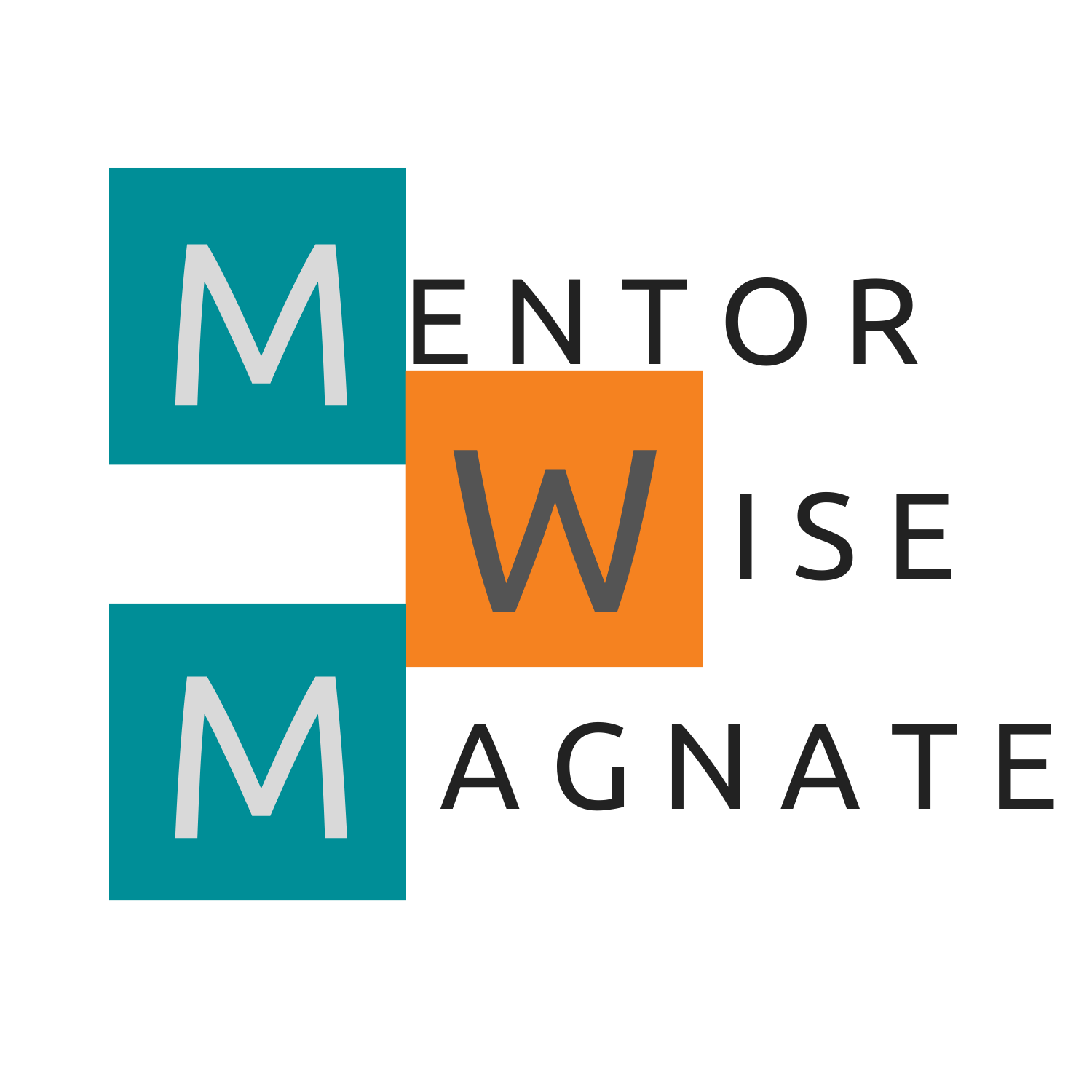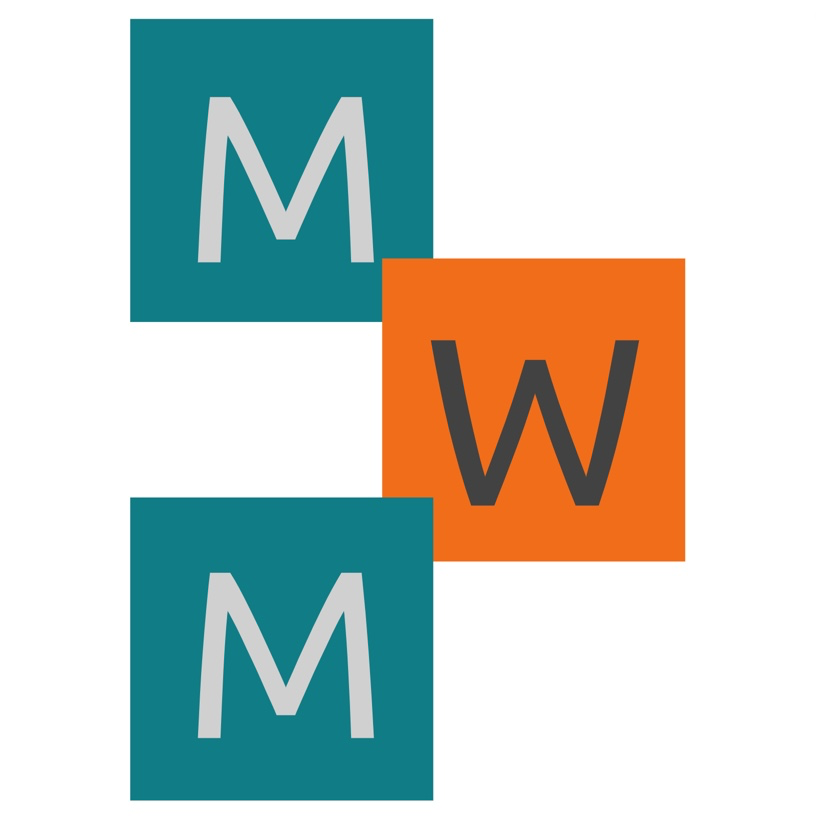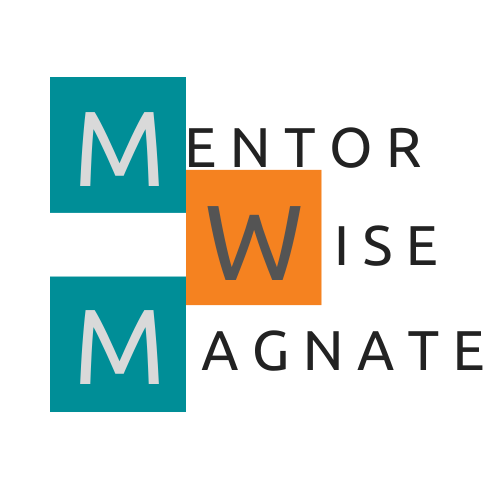Medication Awareness
£30.00
Online Medication Awareness training for care homes, domiciliary care and those working in health and social care. Precisely designed and continuously updated according to best practices to ensure CQC compliance. Medication administration, relevant legislation and safe storage and disposal are included in this Medication Awareness training course.
Description
Learning Outcomes
After finishing this Medication Awareness training, through online courses or webinars, learners will know and understand the following:
- Classifications of medicine
- How to understand different classifications of medicine including GSL, P and POM. Along with licencing and dispensing of medication
- Legislation regarding medicine
- How to name relevant government legislation regarding medicine including Misuse of Drugs Act 1971 and The Human Medicines Regulations 2012
- Role and responsibility as a care worker
- What should be covered in a company policy and your responsibilities as a care worker regarding medication
- Good medication administering
- Understand what should be in a good medication administering process and learn the 5 Rights of medication administration the UK
- Storage and disposal of medication
- How to safely store, manage and dispose of medicine
- Record keeping and information sharing
- The importance and need for proper record keeping and information sharing
- Your role as described by the CQC
- Understand your role as described by the CQC
Frequently asked questions
Knowing more about medication in health and social care settings is essential for the safe administration of medicine and avoiding mishaps. That’s why we have put together common medication questions our training experts get asked.
If you have any more questions, get in touch and we will be happy to help!
Become certified in Medication today and enroll on our Medication Awareness training course. It covers the below questions in more depth!
What is administration of medication?
Administration of medication is giving medicine to a person.
As there are different routes medicine can be taken by the body, the method of administration can differ depending on this and the person.
Professional training should be given for medication administration as if it’s done incorrectly, it can be very dangerous. Our Medication Awareness course will train your staff in the correct knowledge and skills they require.
Why is medication training necessary?
Medication training is necessary because giving medication is more complex than you may think. It isn’t just about giving the patient a glass of water and a handful of pills. Understanding the wider implications surrounding medication is important and valuable knowledge to have.
Care workers should also know how to store and dispense medication correctly, keep records up-to-date and understand the relevant legislation around the administration of medication.
What are the 5 rights of medication administration?
The 5 rights of medication administration, also known as the 6 rights of medication administration, are designed to reduce the risk of error in administrating medication and to protect people from any accidental harm. The main 5 rights are:
- Right Person
- Right Medicine
- Right Dose
- Right time
- Right Route
But, there is also the 6th right: The right to refuse because you shouldn’t force anyone to take it if they don’t want to. However, you should take note of their refusal and any reasons they give.
Who can give medication in a care home?
A medical practitioner or a registered nurse should administer medication in a care home if that care home is registered to provide nursing care. If it isn’t, the law doesn’t prevent health care assistants or assistant practitioners (both with or without nursing) from administering medicines in care homes if they have gone through the appropriate training and are competent. However, the care home manager and staff should keep this regularly under review.
All staff administering medicines must follow the care home’s policies and procedures about managing medicines.
What are the 4 categories of medication?
The 4 categories of medication are General Sales List (GSL), Controlled Drugs, Pharmacy Medicines and Prescription Only Medicines (POM). They each have different marks to help identify them:
- General Sales List (GSL) – These can be brought almost anywhere. GSLs include paracetamol, vitamin supplements and cold and flu remedies.
- Controlled Drugs – The packaging is marked with ‘POM’ and ‘CD’. These are the most serious category of drugs so they require a prescription from a medical professional.
- Pharmacy Medicines – The packaging is marked with ‘P’ and are only available to buy at a pharmacy.
- Prescription Only Medicines (POM) – The packaging is marked with ‘POM’. POM medicines are similar to controlled drugs where they have to be prescribed by a medical professional e.g. anti-depressants or insulin.
What are the routes of medication?
There are 6 routes of medication administration and the chosen route is dependent on varying factors, including the illness, illness severity, the needs of the patients and their condition. The 6 most common routes of medication administration are as follows:
- Oral – swallowed through the mouth by either a tablet, liquid, capsule, lozenge or chewable tablet.
- Rectal – could be the next option if they are unable to swallow the medication.
- Inhalation – inhaled through the airway in either the form of powder, mist or spray.
- Nebulization – this is a machine that allows the patient to inhale the drug as a very fine mist.
- Transdermal – a patch is placed on the skin with the medicine that penetrates into the bloodstream.
- Injection – where medicine is injected into either the spine, under the skin, into a vein or into a muscle.
Delivery Methods
Our safe Administration of Medication Awareness training is available 24/7, anytime, anywhere. Perfect for care staff with busy schedules or difficult shift patterns.
• Study when you want
• Track staff progress
• Study anywhere you want on any device
Get Certified
Just follow these four simple steps, sit back, relax and let us do the hard work for you and your team.
1.Book A Course Book this Medication Awareness online course via the website, by messaging us or calling.
2 .Login Once everything has been booked, you will receive login details for you and your staff.
3. Complete Course Complete the Medication Awareness training course you purchased in the delivery method you chose.
4. Become Certified Great! Now you’re certified and can download the certificates from the portal.
Great! Now that you’re certified, you can download the Medication Awareness certificate from the portal or request a certificate, and we will email it to you in PDF form.









Reviews
There are no reviews yet.